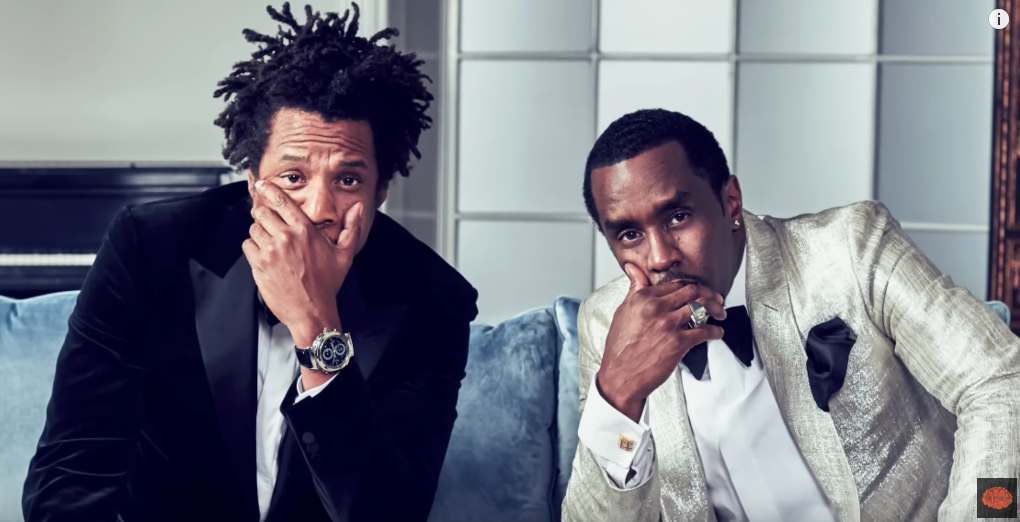In a bustling Ciudad Juárez, Silvia Delgado is campaign enthusiastically. "Vote for number 12!" she calls out while handing out flyers as drivers sit in the traffic near the Bridge of the Americas that connects Mexico and the USA. This election, scheduled for Sunday, is particularly significant as it marks the first instance where Mexicans will directly elect their entire judiciary, and Delgado is far from an ordinary candidate. Her pamphlets notably omit any mention of her most high-profile client: Joaquin "El Chapo" Guzmán, the notorious drug lord and leader of the Sinaloa Cartel.
Despite criticisms about her past as El Chapo's defense attorney, Delgado stands firm, questioning why her career choice should hinder her candidacy for penal judge. "For defending individual guarantees?" she argues. "Why should that make me illegitimate?" Supporting her claim, she has no charges against her and is not under investigation, even as a human rights organization, Defensorxs, categorizes her as a "high-risk candidate."
Director Miguel Alfonso Meza expresses concern about candidates with drug cartel ties, implying that their previous affiliations could affect their new roles within the justice system. "It’s difficult to extricate oneself from such a background," he states, suggesting the potential pressure they might face once in office. Delgado, however, critiques the organization's stance as “stupid” and asserts that her compensation was standard for her legal work.
With more than 7,500 judicial positions up for grabs, Delgado is among various candidates contesting this unprecedented election, which has sparked protests and fears of politicizing the judiciary. Meza aligns the reform with frustrations from former President Andrés Manuel López Obrador towards a constrained judicial power, emphasizing that the election of judges could lead to compromising agreements with political entities.
Among other candidates is Olivia Aguirre Bonilla, an advocate for human rights and against gender-based violence, who is vying for a seat on the Supreme Court. She supports the electoral changes, arguing that they democratize the justice system, previously dominated by elite networks. Aguirre Bonilla challenges the notion that these elections could harm the integrity of the judiciary, stressing that citizens’ voices should dictate judicial appointments.
As the election date approaches, the nation watches for voter turnout and how Mexicans feel about the reform, especially with candidates like Delgado, who once represented the most wanted drug lord, hoping for a new opportunity to influence the future of justice in Mexico.
Despite criticisms about her past as El Chapo's defense attorney, Delgado stands firm, questioning why her career choice should hinder her candidacy for penal judge. "For defending individual guarantees?" she argues. "Why should that make me illegitimate?" Supporting her claim, she has no charges against her and is not under investigation, even as a human rights organization, Defensorxs, categorizes her as a "high-risk candidate."
Director Miguel Alfonso Meza expresses concern about candidates with drug cartel ties, implying that their previous affiliations could affect their new roles within the justice system. "It’s difficult to extricate oneself from such a background," he states, suggesting the potential pressure they might face once in office. Delgado, however, critiques the organization's stance as “stupid” and asserts that her compensation was standard for her legal work.
With more than 7,500 judicial positions up for grabs, Delgado is among various candidates contesting this unprecedented election, which has sparked protests and fears of politicizing the judiciary. Meza aligns the reform with frustrations from former President Andrés Manuel López Obrador towards a constrained judicial power, emphasizing that the election of judges could lead to compromising agreements with political entities.
Among other candidates is Olivia Aguirre Bonilla, an advocate for human rights and against gender-based violence, who is vying for a seat on the Supreme Court. She supports the electoral changes, arguing that they democratize the justice system, previously dominated by elite networks. Aguirre Bonilla challenges the notion that these elections could harm the integrity of the judiciary, stressing that citizens’ voices should dictate judicial appointments.
As the election date approaches, the nation watches for voter turnout and how Mexicans feel about the reform, especially with candidates like Delgado, who once represented the most wanted drug lord, hoping for a new opportunity to influence the future of justice in Mexico.


















